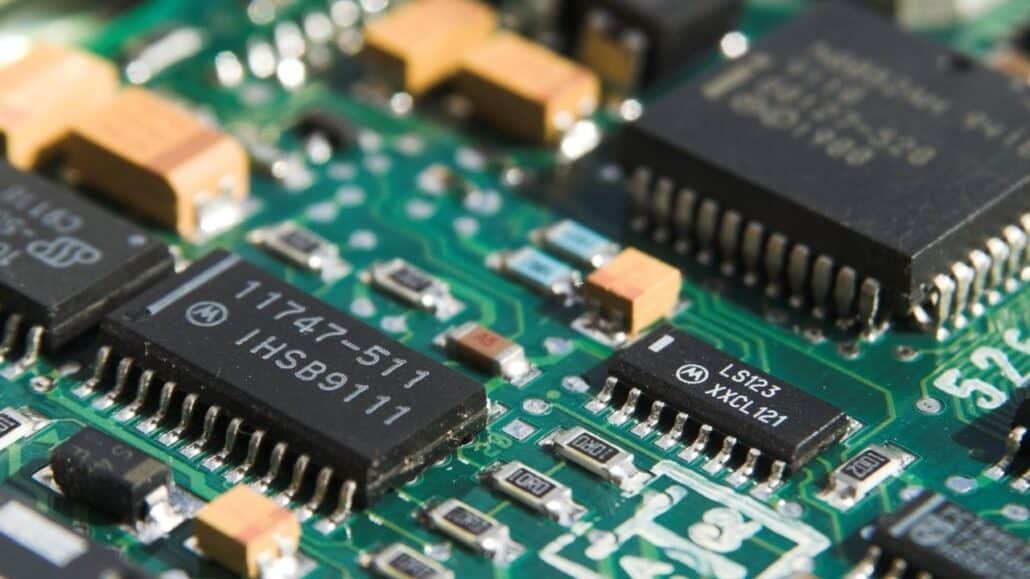As a global scarcity of semiconductors worsens, consumers are suffering price increases and short on computer chips are ranging from televisions and mobile phones to vehicles and video game systems. Since last year, the shortage of chips, the “brain” of every electronic gadget on the planet, has been gradually deteriorating.
When the coronavirus epidemic initially struck, manufacturers stopped down, causing a temporary shortage of supplies. Although production has returned to normal, a fresh increase in demand fueled by shifting habits and exacerbated by the epidemic has brought the situation to a head.
Even Apple, a $2 trillion corporation that spends $58 billion yearly on semiconductors, was forced to postpone the release of the much-anticipated iPhone 12 by two months last year owing to the shortfall.
“Chips are everything,” Neil Campling said. He is a Mirabaud media and technology expert. “Right now, there’s a perfect storm of supply and demand variables at work. But there is a new level of demand that cannot be met; everyone is in a state of crisis, and it is only getting worse.”
Due to chip shortages, Ford recently cancelled shifts at two-vehicle facilities and claimed up to $2.5 billion might affect earnings this year, while Nissan is halting production at operations in Mexico and the United States. General Motors has warned that it might lose $2 billion in earnings.
Because of the semiconductor supply issue, Sony announced last month that it might not meet sales objectives for the new PS5 this year. Sony, like other console makers, has suffered from stock shortages over the previous year. Supply difficulties are expected to last at least through the second half of the year, according to Microsoft’s Xbox.
However, Samsung, the world’s second-largest consumer of chips behind Apple, has provided the most striking evidence of the semiconductor problem. Despite being the world’s second-largest chip manufacturer, the firm stated earlier this week that the shortfall may force it to delay the launch of its high-end smartphone.
“It’s amazing that Samsung, which sells $56 billion in semiconductors to others and consumes $36 billion in its own, is considering delaying the introduction of one of its own products,” Campling adds.
Samsung’s co-chief executive, Koh Dong-jin, who also oversees the company’s mobile business unit, brought up an important point, noting that there is a “severe imbalance” in who gets the limited supply of chips.
When the market revived last year, car makers who cut chip orders as vehicle sales plummeted found themselves at the back of the line when they attempted to restock. The worldwide automotive sector spends roughly $37 billion on chips, with the largest firms like Toyota and Volkswagen, spending more than $4 billion apiece, making them relative minnows for semiconductor vendors.
“Autos have been the hardest hit because they were the latest to arrive; if Apple is spending $56 billion per year and increasing, who are you going to keep supplies coming to first?” Campling affirms this.
The chip scarcity appears to be here to stay for a while. Complex semiconductor manufacturing facilities can take up to two years to set up, and manufacturers are hiking costs for the second time in less than a year.
“There is no evidence of supply catching up with demand, and costs are growing across the chain,” Campling adds. “This will affect individuals on the street.” Expect higher prices for automobiles and phones. This year’s iPhone will not be less expensive than last year’s.”
